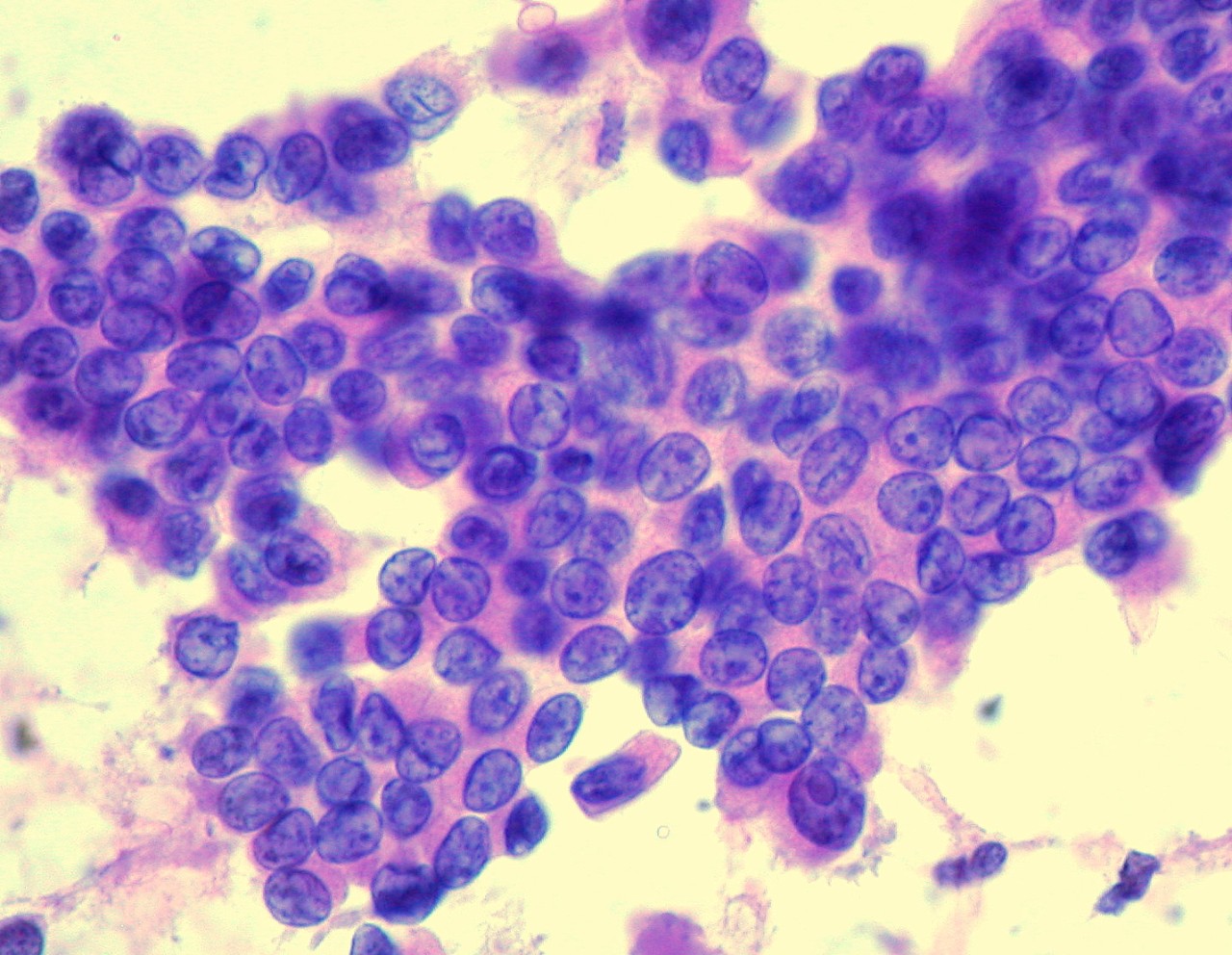
Reuters Health: RF ablation could be option for some thyroid cancers
Radiofrequency ablation (RFA), a minimally invasive treatment, could be a safe and effective treatment for low-risk thyroid cancers, according to a new study.
RFA is an alternative to surgery where a small needle elctrode is inserted into a nodule using ultrasound guidance. Heat generated at the needle tip can destroy target tissue, in this case low-risk papillary microcarcinomas of the thyroid.
Tammy Holm, MD, PhD, assistant professor of surgery in the University of Cincinnati College of Medicine's Department of Surgical Oncology and Department of Cancer Biology and a UC Health thyroid cancer surgeon and specialist, reviewed the recent study for Reuters Health and said RFA presents a great opportunity to scale down treatment from an operating room to an outpatient doctor's office visit with similar outcomes.
"RFA is potentially an incredibly valuable tool for the management of thyroid cancer and a skill that endocrine surgeons must develop in order to provide the best possible care for their patients with both benign and malignant disease," Holm said. "Large-scale prospective studies looking to establish the efficacy of RFA as an alternative or even adjunct to surgery will be valuable moving forward."
Read the Reuters Health article.
Featured photo at top of papillary carcinoma of the thyroid by Ed Uthman/Creative Commons.
Related Stories
Ohio could soon make breast cancer screenings more affordable
May 9, 2025
The University of Cincinnati Cancer Center's Ann Brown was featured in Local 12 and Cincinnati Enquirer reports on a bill introduced by Rep. Jean Schmidt in the Ohio legislature that seeks to eliminate out of pocket medical expenses such as copays and deductibles associated with supplemental breast cancer screenings.
Preparing students for artificial intelligence in education
May 8, 2025
Laurah Turner, PhD, associate dean for artificial intelligence and educational informatics at the University of Cincinnati's College of Medicine, recently joined the For The Love of EdTech podcast to discuss the usage of personalized learning and AI coaches to enhance educational experiences.
UC lab-on-a-chip devices take public health into home
May 8, 2025
University of Cincinnati engineers created a new device to help doctors diagnose depression and anxiety. The “lab-on-a-chip” device measures the stress hormone cortisol from a patient’s saliva. Knowing if a patient has elevated stress hormones can provide useful diagnostic information even if patients do not report feelings of anxiety, stress or depression in a standard mental health questionnaire.
